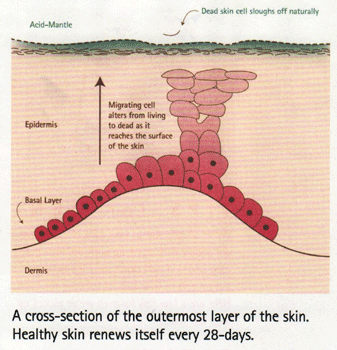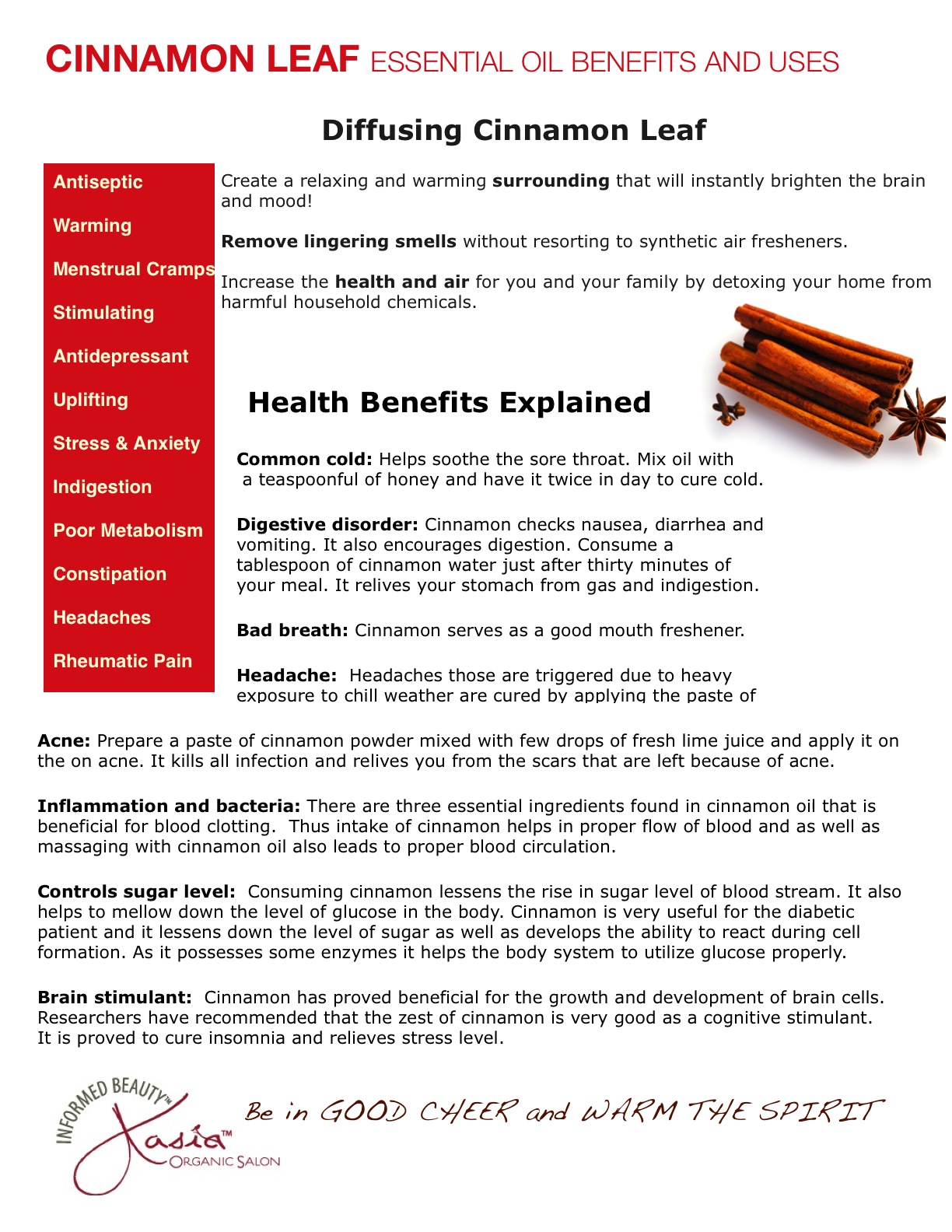The story of AGE and your skin.
As Halloween fast approaches, and then the holiday season to nip it in the butt, the sugary treats will be on the rise. We're here to give you forewarning and bring our "Informed Beautes'" up to speed of how sugar effects the skin.
Conventionally, we know inflammation is bad for the body, and it's influence on our skin and hair. Most women/men are shocked to find out that excess refined sugar is a big contributor to skin aging. The culprit to be blamed for this is a natural process called glycation, where blood sugar attaches itself to proteins and makes way for AGEs (Advanced Glyacting End products). These AGE molecules can cause premature aging, skin dullness and sagging skin and these molecules are directly linked with sugar.
Impacted by Sugar!
Recent research and studies indicate that sugars in the form of added carbohydrates or refined sugars can lead to premature aging, sagging skin and more wrinkles. When we consume simple sugars in the form of starches such as rice, bread, potatoes and sweets, there is a rapid rise in blood sugar levels. This blood sugar then combines with the protein molecules and gives birth to the new AGE molecule. Apart from the usual sugar-related health impact, AGEs also affect the skin in the following ways:
- Damages elastin and skin protein collagen, which are responsible for maintaining the skin’s elasticity and firmness.
- Restricts the body’s ability to utilize and produce anti-oxidants, making the body more vulnerable to damage by free radicals.
- Makes your skin more vulnerable and prone to sun damage (which is one of the leading causes of skin aging) by deactivating the body’s natural antioxidant enzymes.
The more sugar you consume, the more vulnerable you are to the damaging effects of glycation and skin aging. The sugar impact is felt mostly after the age of 35, as tissue regeneration slows down and glycation increases.
Prevention
To prevent the damage caused by sugar you need to cut down on the added sugars from your diet. Though it is not possible to completely eliminate sugars (such as sugars in the form of fructose and sucrose, which are unavoidable and produce end products such as glucose and galactose, which can be easily digested so eliminating these natural sugars is not required), here is what you need to do to avoid damage from high consumption of sugar:
- Avoid foods with added and high sugar content such as sweets, chocolates, carbonated beverages
- Limit the consumption of simple carbohydrates such as potato, pasta, white bread and white rice
- Increase protein intake to control carb cravings
To counteract the damage caused by sugar you need to:
- Replace processed sugars with natural sugars found in fruits and vegetables
- Limit refined sugar consumption to less than 10% of your total calorie intake
- Supplement your diet with essential vitamins such as a daily dose of 1mg of Vitamin B1 and B6
- Fight the detrimental effect of AGEs by reducing/avoiding sun exposure especially between 10 A.M and 4 P.M when UV rays are at their strongest by using a high SPF broad spectrum sunscreen
- Increase the intake of vitamins and omega 3 fatty acids by eating brightly colored vegetables, fruits and cold water fish such as salmon and sardines. Add a handful of nuts to your diet and sip on antioxidant-rich green tea instead of coffee or regular black tea
- Enjoy the benefits of Kasia enMoist antioxidant rich anti-aging lotion and follow a inside/out skin care routine
 Kasia quicknote: Sugar is notorious for causing acne, yeast/candida, allergies, stress, weight gain, dandruff, inflammation, headaches and taking out the immune system.
Kasia quicknote: Sugar is notorious for causing acne, yeast/candida, allergies, stress, weight gain, dandruff, inflammation, headaches and taking out the immune system.
Kassie offers nutritional supplements to help buffer your biochemistry helping to neutralize your PH levels, while reducing your sugar cravings.
Stop in or call about being muscle tested and learning more about busting the sugar crave today! 612 824 7611
Article reference: blog.myskin.com



